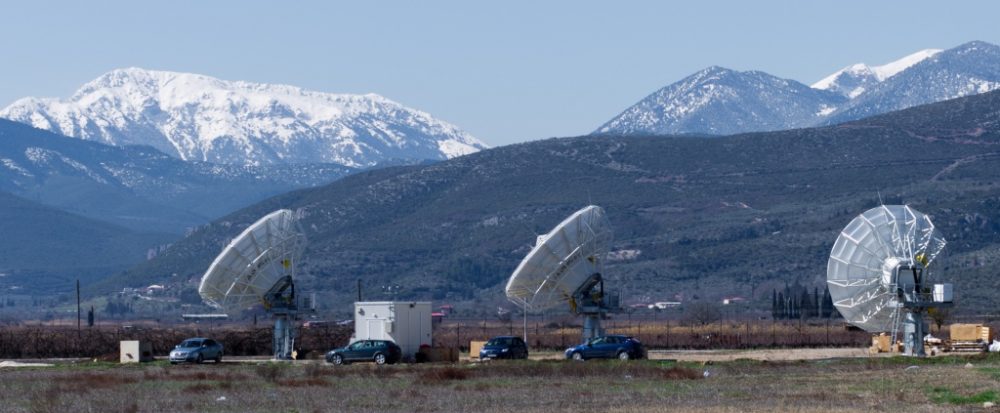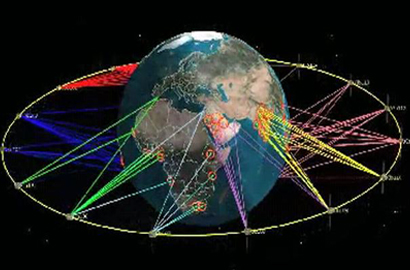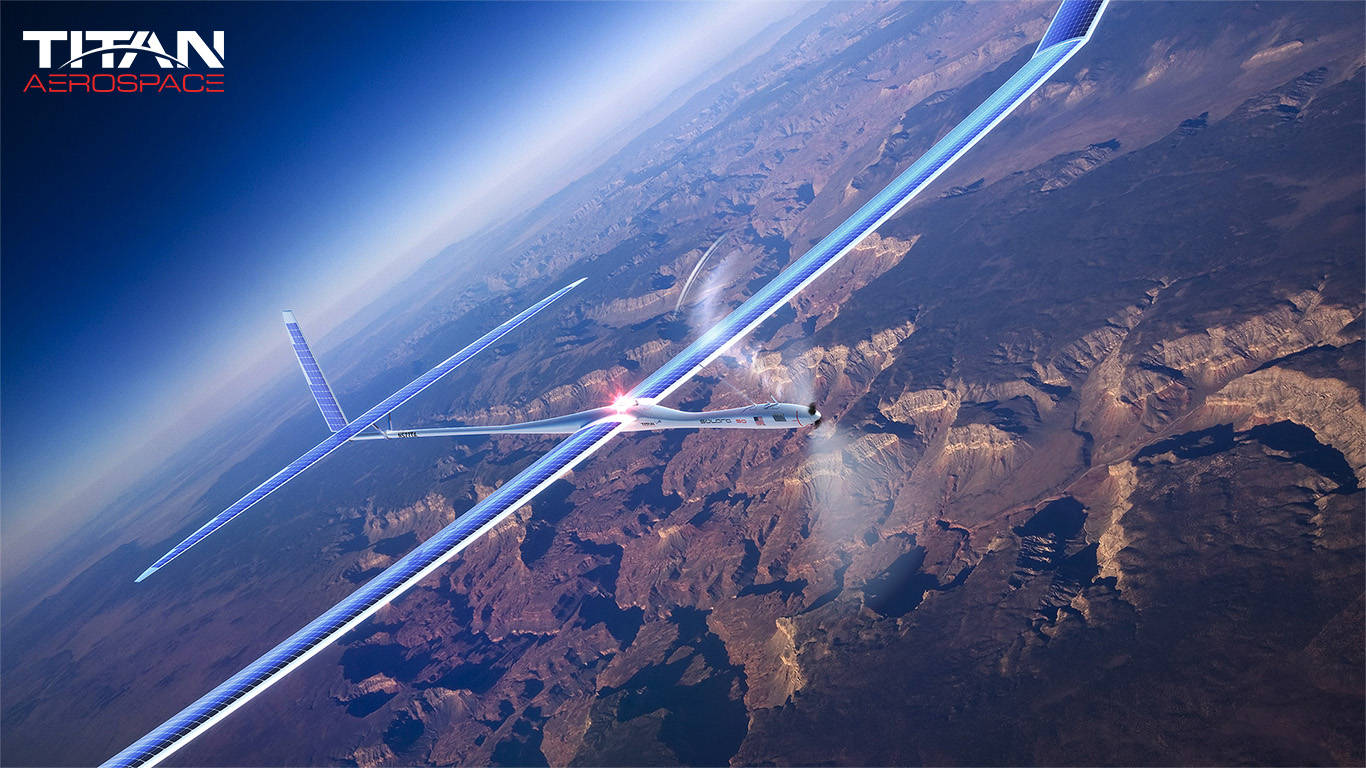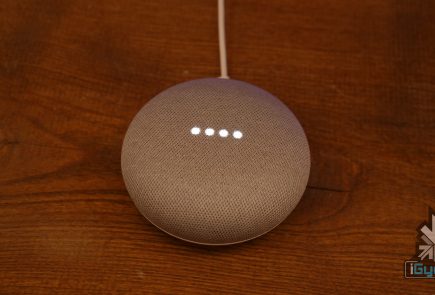Google Plans to Cover Earth in an Internet Blanket

Google is planning to launch 180 small satellites which will provide access to the two thirds of human population which still doesn’t have access to the internet.
The project will be organized in collaboration with Dutch satellite start-up O3b Networks Ltd. Its founder Greg Wyler is at the helm of this project. The project cost is being estimated to be around a billion dollars.
O3b has already launched satellite orbiters, 4 satellites in 2013 and they’re going to launch 4 more this year. The intention is to bring High Speed Broadband connectivity to rural areas. It plans to create a constellation of satellites with Google’s assistance.
These orbiters will be much more efficient as they orbit the planet at a lower altitude in comparison to the conventional satellite. Geostationary communications satellites fly at 36000kms from the surface whereas O3b satellites will fly at about 9000kms. As they have a low altitude, the data delay from one round-trip between the station and the satellite will also be decreases from an average of 638 milliseconds to less than 150 milliseconds.
This will be an extension of Google’s ambitious Project Loon. The ingenious project has Solar powered ballons flying at the height of about 20 kms from the surface. They use stratospheric winds for navigation for both sides of the equator. Check out this video to see how it’s done:
Apart from this, there are high hopes from Google’s acquisition of Titan Aerospace. The company is the inventor of the Solora 50, a solar powered drone which can be used for bettering telecom services around the world. The drone is massive; it has a wingspan of 50 meters and is 15 meters in length and can cruise at speeds of 104 kilometers an hour.
It is not just Google that is investing heavily in the broadband access business. Facebook founder Mark Zuckerberg with his internet.org initiative wants to achieve something similar. According to him, the internet is a basic human right and we couldn’t agree more.
But the intentions of these major corporations are seen by some as self-serving philanthropy. After all Google and Facebook’s entire business is based on how many people are connected to the internet. There are still 4 billion people who don’t access the internet. Think about the vast amounts of profits to be made.
Even if they are self-interested ventures, these companies will be doing a lot of good for the people around the world. They internet has become an inseperable utility of our present culture. By connecting more people to this massive network would lead to more dialogue between the people of the world which will lead to better understanding.





















